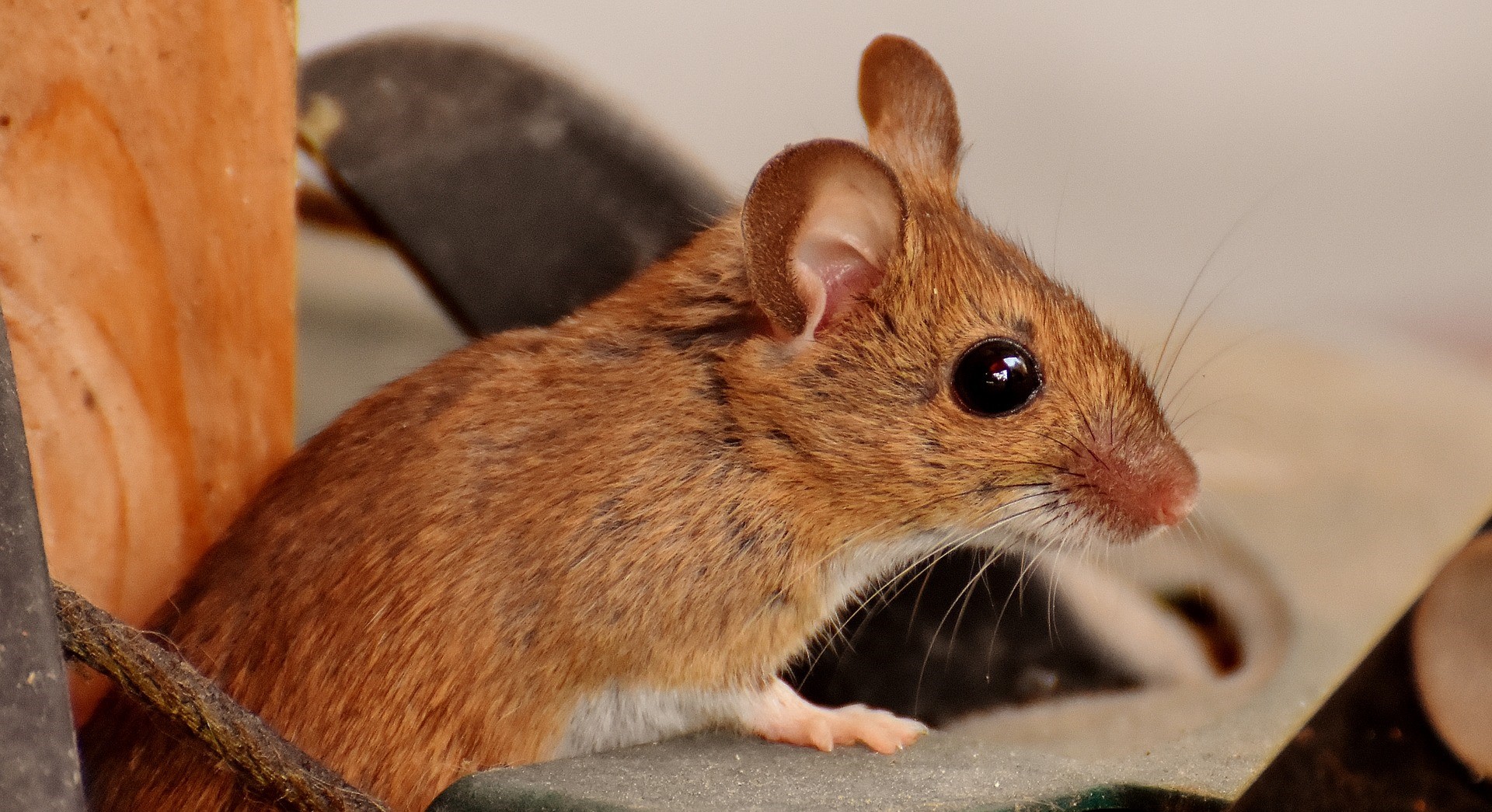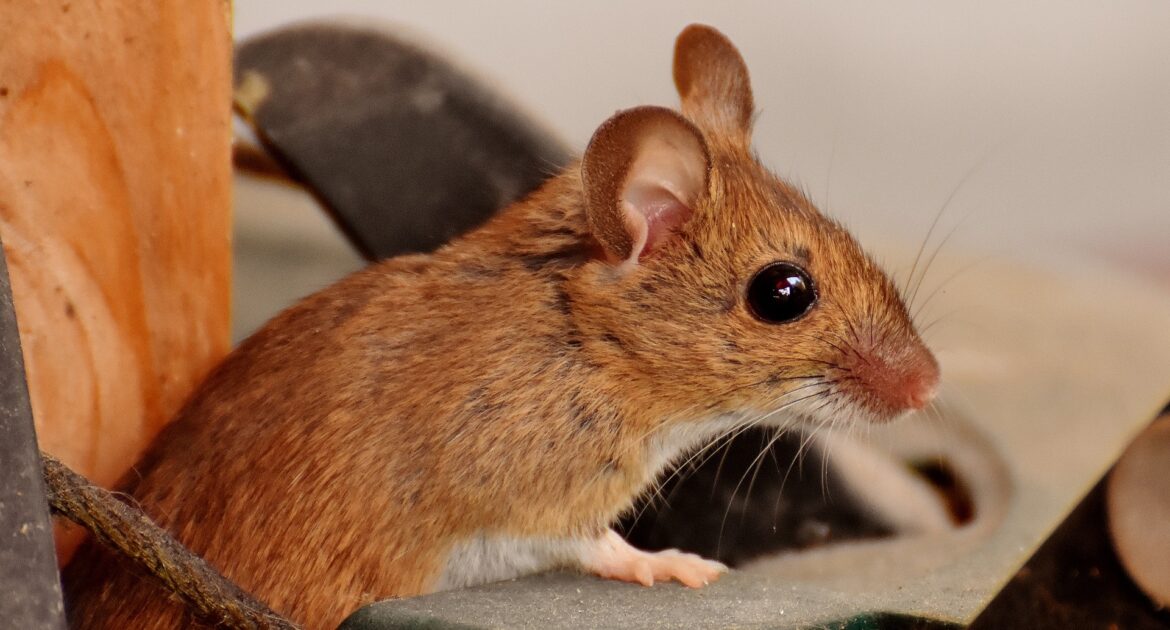If you’ve found chewed wires in your home, you’re not alone. Many homeowners face the problem of mice damaging electrical cables. But did you know this could be a serious fire hazard? In this blog, we’ll look at why mice are attracted to wires and share ways to protect your home. You’ll learn simple steps to keep your wiring safe and your home secure.
Imagine coming home to flickering lights or electronics that suddenly stop working. These could be signs of a bigger problem: mice chewing on your electrical wires. This common issue is more than just an inconvenience—it’s a potential fire hazard. Damaged wires can lead to power outages and even put your family at risk. But why do mice chew on wires? It’s not to cause trouble; it’s because their teeth never stop growing, and gnawing on things helps keep them in check.
Protecting your home starts with taking action. Sealing entry points and using deterrents are just a couple of steps to keep mice out. For those needing expert help, our wildlife removal in Coquitlam provides professional, humane solutions to deal with these issues. In this blog, we’ll explore why mice chew on wires, the dangers it causes, and the best ways to prevent it from happening in your home.
Seal Entry Points
Mice are experts at finding their way into homes through tiny gaps and cracks. They can squeeze through openings as small as a dime. Check around doors, windows, vents, and foundations for possible entry points. Pay special attention to areas where utilities enter the house. These are common spots for mice to sneak in. Regularly inspect your home to catch new gaps before they become a problem.
Once you’ve identified potential entry points, it’s time to seal them. Steel wool, caulking, and metal mesh are excellent materials for blocking access. Steel wool is particularly effective because rodents find it difficult to chew through. For larger openings, use a combination of metal mesh and caulk to ensure a tight seal. Sealing gaps is an essential first step in keeping mice out.
Properly Store Food
One of the primary reasons mice invade homes is the search for food. To prevent them, store food in airtight containers. Plastic or glass containers with tight-fitting lids are ideal. Avoid leaving pet food out overnight, which can be an open invitation for rodents. Keeping food secure is crucial in reducing the attractiveness of your home to mice.
Crumbs and spills are inevitable in any household. However, cleaning them promptly can make a world of difference. Even small amounts of food can attract mice. Wipe down counters, sweep floors, and ensure no food particles are left behind. Maintaining a clean kitchen is a simple yet effective way to prevent rodents from getting too comfortable.
Eliminate Nesting Materials
Mice love to nest in cluttered areas filled with paper, fabric, or cardboard. Declutter your home by clearing out piles of potential nesting materials. This includes old newspapers, unused clothing, and boxes. By removing clutter, you make your home less inviting to rodents looking for a cozy spot to settle down.
Instead of cardboard boxes, use sturdy plastic bins for storage. These containers are harder for mice to penetrate and offer better protection for your belongings. Keep seasonal items and other seldom-used supplies in sealed bins. This will not only protect your items but also help reduce the likelihood of mice using them for nests.
Maintain Clean and Organized Spaces
A clean home is less appealing to mice. Regularly vacuum and sweep, focusing on areas like basements and attics where mice are more likely to hide. Keeping these spaces clean will deter rodents and help you spot any signs of their presence early on. Consistent cleaning is a proactive measure in keeping your home rodent-free.
Storage rooms and garages can quickly become cluttered. Organize these areas to limit hiding spots for mice. Use shelves to keep items off the floor and maintain clear pathways. A tidy storage area is less inviting to rodents and makes it easier to spot any signs of infestation.
Protect Electrical Wires
To safeguard your electrical wires, consider installing protective conduits. These metal or plastic tubes encase the wires, making them inaccessible to rodents. Conduits are especially important in unfinished areas like basements and attics. Protecting your wires with conduits adds an extra layer of security against chewing.
Rodent deterrent tape is another effective solution. This tape has a scent that rodents find unpleasant, discouraging them from chewing. Wrap it around exposed wires, particularly in areas where you’ve noticed rodent activity. This simple step can help save your wires from damage.
Control Moisture
Mice are attracted to water sources. Fix any plumbing leaks or dripping pipes promptly. Check under sinks, around toilets, and in the basement for signs of leaks. Addressing moisture issues not only prevents rodent attraction but also protects your home from potential water damage.
Keeping areas like basements and crawl spaces dry makes them less inviting to rodents. Dehumidifiers can help regulate moisture levels in these spaces. By controlling humidity, you reduce the chances of mice settling in.
Regular Inspections
Keeping an eye on specific areas of your home is crucial in stopping mice from causing problems. Basements, attics, and crawl spaces are prime spots where mice might sneak in and make trouble. By checking these areas regularly, you can catch any signs of mouse activity early.
Look for signs of gnawing on electrical wires, as this can cause dangerous situations. Mice love to chew on things, and if they get to your wires, it could lead to shorts or even fires. Inspecting these high-risk areas once a month can help prevent bigger issues from developing.
Stay Ahead of Mice: Protect Your Home
To stop mice from chewing on electrical wires and keep your home safe, take proactive steps. Begin by sealing all potential entry points with sturdy materials like steel wool and metal mesh. Use protective conduits and rodent deterrent tape to guard exposed wires, and make sure there’s no clutter or nesting materials around that could attract mice. Fix any leaks to eliminate water sources and reduce the chances of rodents settling in. Regular inspections, particularly in basements, attics, and crawl spaces, will help you spot signs of activity early on.
If you’re dealing with mice, remember that we offer expert wildlife removal services. They specialize in safe and humane techniques to keep your home rodent-free. To ensure your property remains safe from mice and potential fire hazards associated with wire damage, reach out to Skedaddle Humane Wildlife Control. They are ready to help with all your mice-related concerns.
Can mice chewing wires cause a fire? Understanding why mice chew wires and knowing that they can cause fires is crucial for every homeowner. By taking action now, you protect your family and home. For more peace of mind or to request a quote, contact us today to learn more about our wildlife removal in Coquitlam. Let’s keep your home safe together!




